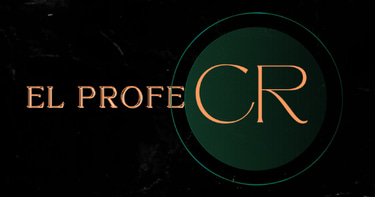
Past perfect
B1-B2 GRAMMAR
2 min read


Do you know how to use phrases like They'd finished the project by March or Had you finished work when I called?
Look at these examples to see how the past perfect is used.
He couldn't make a sandwich because he'd forgotten to buy bread.
The hotel was full, so I was glad that we'd booked in advance.
My new job wasn't exactly what I’d expected.
Time up to a point in the past
We use the past perfect simple (had + past participle) to talk about time up to a certain point in the past.
She'd published her first poem by the time she was eight.
We'd finished all the water before we were halfway up the mountain.
Had the parcel arrived when you called yesterday?
Past perfect for the earlier of two past actions
We can use the past perfect to show the order of two past events. The past perfect shows the earlier action and the past simple shows the later action.
When the police arrived, the thief had escaped.
It doesn't matter in which order we say the two events. The following sentence has the same meaning.
The thief had escaped when the police arrived.
Note that if there's only a single event, we don't use the past perfect, even if it happened a long time ago.
The Romans spoke Latin. (NOT
The Romans had spoken Latin.)
Past perfect after before
We can also use before + past perfect to show that an action was not done or was incomplete when the past simple action happened.
They left before I'd spoken to them.
Sadly, the author died before he'd finished the series.
Adverbs
We often use the adverbs already (= 'before the specified time'), still (= as previously), just (= 'a very short time before the specified time'), ever (= 'at any time before the specified time') or never (= 'at no time before the specified time') with the past perfect.
I called his office but he'd already left.
It still hadn't rained at the beginning of May.
I went to visit her when she'd just moved to Berlin.
It was the most beautiful photo I'd ever seen.
Had you ever visited London when you moved there?
I'd never met anyone from California before I met Jim.
Explanation
The past perfect tense describes actions completed before another past event. It is often used with adverbs or adverb phrases like by the time and before, which clarify a sequence.
Form the past perfect tense by using had + the past participle of the main verb.
Regular verbs form the past participle by adding the ending -ed. Irregular verb past participles vary and can be memorized or looked up in a dictionary.
Make the past perfect negative by adding not between had and the past participle (e.g., had not seen).
Form a question in the past perfect tense by beginning the sentence with had and placing the subject between it and the past participle (e.g., “Had you seen it?”).
Sobre nosotros
El Profe CR busca ayudar a aquellas personas que deseen desarrollar las habilidades que hoy en día las empresas requieren de cada candidato(a) con y sin experiencia laboral.
©2025 Todos los derechos reservados.
